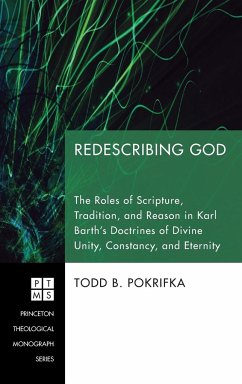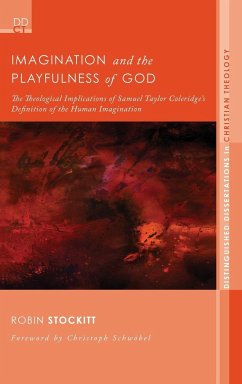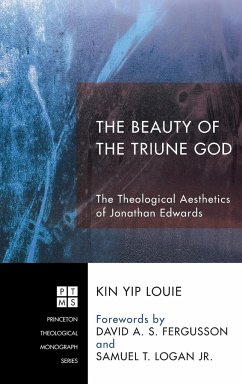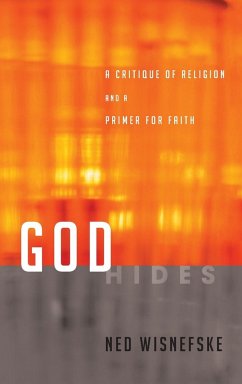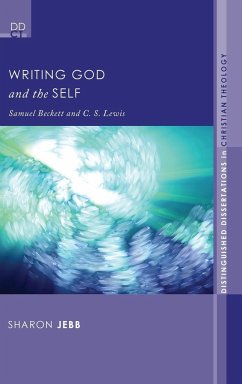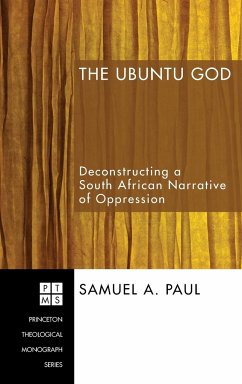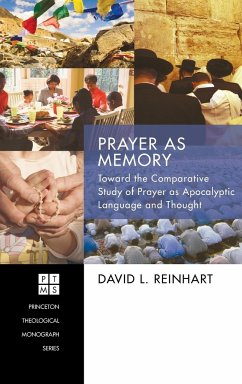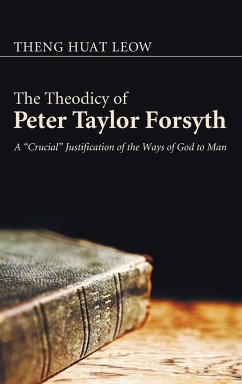Despite the voluminous and ever-growing scholarly literature on Karl Barth, penetrating accounts of his theological method are lacking. In an attempt to fill this lacuna, Todd Pokrifka provides an analysis of Barth's theological method as it appears in his treatment of three divine perfections--unity, constancy, and eternity--in Church Dogmatics, II/1, chapter VI. In order to discern the method by which Barth reaches his doctrinal conclusions, Pokrifka examines the respective roles of Scripture, tradition, and reason--the ""threefold cord""--in this portion of the Church Dogmatics. In doing so he finds that for Barth Scripture functions as the authoritative source and basis for theological critique and construction, and tradition and reason are functionally subordinate to Scripture. Yet Barth employs a predominantly indirect way of relating Scripture and theological proposals, a way in which tradition and reason play important ""mediatory"" roles. Barth's approach to theology involves the humble yet serious attempt to ""redescribe God,"" that is, to say again on a human level what God has already said in the divine self-revelation attested in Scripture. Redescribing God features an original conceptual framework for the analysis of Barth's method and an extensive application of that framework in the context of close readings of portions of the Church Dogmatics. Through this process it draws from, critiques, and complements a wide variety of Barth scholarship on topics such as the role of Scripture and theological exegesis in Barth, the role of tradition in Barth, the meaning and role of ""reason"" in Barth, and the nature of Barth's doctrine of divine perfections. The book also provides a fruitful basis for those who wish to learn from Barth's distinctive way of constructing the Christian doctrine of God as an attempt to obey God's self-revelation.
Hinweis: Dieser Artikel kann nur an eine deutsche Lieferadresse ausgeliefert werden.
Hinweis: Dieser Artikel kann nur an eine deutsche Lieferadresse ausgeliefert werden.

